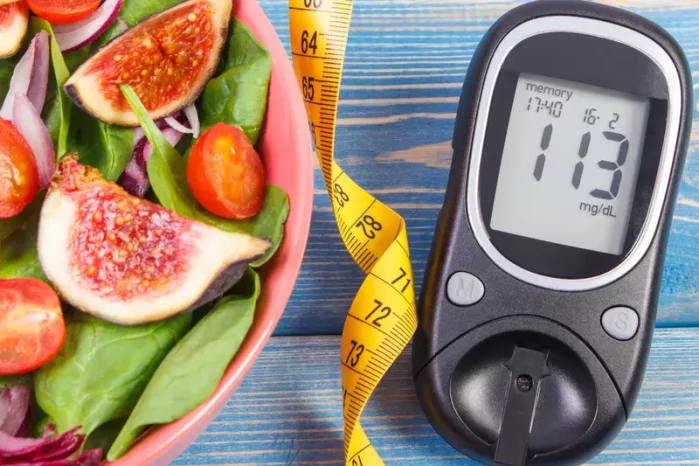Rabson-Mendenhall syndrome (RMS) is a rare genetic disorder characterized by severe insulin resistance, which can often be misdiagnosed as type 1 diabetes mellitus (T1DM). This case report highlights a 34-year-old male initially diagnosed with T1DM at a young age, who presented with persistent hyperglycemia despite high insulin doses. After a thorough genetic investigation, RMS was diagnosed, marking the first documented case of RMS in Saudi Arabia. The case underscores the importance of differentiating between insulin resistance syndromes and T1DM based on patient history, physical examination, and genetic testing.
Introduction
Rabson-Mendenhall syndrome (RMS) is an autosomal recessive condition that results from mutations in the insulin receptor (INSR) gene, leading to severe insulin resistance. It was first described in 1956 by Rabson and Mendenhall in a family with siblings exhibiting insulin resistance and developmental abnormalities. RMS presents with symptoms such as acanthosis nigricans, hyperinsulinemia, and growth retardation, among others. Due to the overlap in symptoms, RMS can be misdiagnosed as T1DM. The condition’s prevalence is unknown, particularly in the Gulf Cooperation Council region, where it remains exceptionally rare.
Case Presentation
A 34-year-old Saudi male, diagnosed with T1DM since childhood, was referred for genetic evaluation due to poorly controlled hyperglycemia despite high insulin doses. His family history was significant for multiple siblings with diabetes-related complications, including blindness and renal failure. The patient presented with poor growth, acanthosis nigricans, and prognathism. Genetic testing revealed biallelic variants in the INSR gene, confirming a diagnosis of RMS.
Diagnostic Assessment
Whole exome sequencing revealed two genetic variants: a hemizygous c.433C>T (Arg145Cys) mutation and a microdeletion in the INSR gene. These findings were consistent with RMS, an autosomal recessive disorder. The patient’s glucose management remained challenging despite a high insulin regimen, and his ambulatory glucose profile showed significant fluctuations, with episodes of both hyperglycemia and severe hypoglycemia.
Treatment and Outcome
The patient was treated with insulin glargine, insulin aspart, and metformin. However, his glycemic control was unstable, with frequent hypoglycemic episodes. Following education on blood glucose management and continuous glucose monitoring, his condition improved, but he faced complications from other medications, such as pioglitazone-induced edema and issues with empagliflozin. Despite these challenges, the patient experienced fewer hypoglycemic events with better overall glycemic control.
Discussion
This case is the first documented instance of RMS in Saudi Arabia and highlights the diagnostic challenges in distinguishing RMS from T1DM. The genetic mutations identified in this case, including a previously unreported microdeletion, expand the understanding of RMS pathophysiology. Physicians should consider genetic testing for patients with unusual insulin resistance, particularly those with a family history of similar symptoms. Early and accurate diagnosis is crucial for preventing mismanagement and improving patient outcomes.
Conclusion
RMS is a rare but serious condition that can easily be confused with T1DM due to similar clinical presentations. Genetic testing plays a pivotal role in accurate diagnosis, which is essential for appropriate management. This case reinforces the need for thorough patient evaluation, particularly in regions where RMS may be underrecognized.
Related topics:
Automated Insulin Delivery System Enhances Glycemic Control in Type 2 Diabetes
Groundbreaking Research Brings New Hope for Diabetes Treatment



























